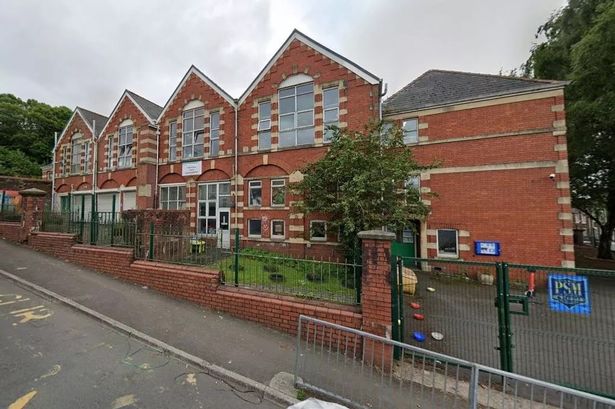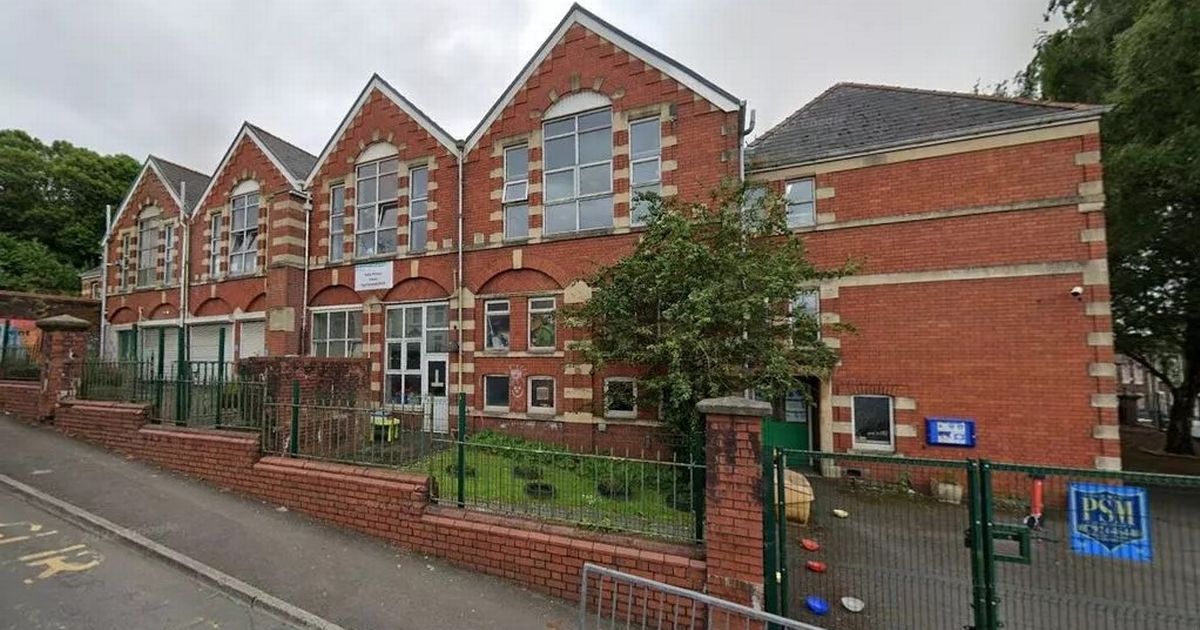An inquest has been held into the death of Connor Lee Mark Slade from Wales
16:50, 25 Jul 2025Updated 16:53, 25 Jul 2025
 Melin Primary School in Neath, Wales.(Image: Google)
Melin Primary School in Neath, Wales.(Image: Google)
A 13-year-old boy who was found ‘unresponsive’ in a school playground had left his home after a row the night before his death – hoping someone would come looking for him, an inquest has heard.
A coroner has heard that Connor Lee Mark Slade’s body was discovered by family friends who had gone to find him, in the grounds of a primary school in Neath, Wales, during the early hours of January 29, 2025.
Connor had earlier been out on the evening of January 28 and returned home at around 9.30pm, reports Wales Online.
The inquest, held on Friday, heard Connor did not appear upset, was in a good mood and was on his phone, his mother and step-father Jason Clark had told a police investigation.
When they realised a bottle of vodka and an aerosol were missing, they confronted Connor and there was an altercation.
The coroner was told that Connor started “kicking off” and stormed out of the house without his shoes, returning a short while later to get them before leaving again and threatening to “jump off a bridge”.
The teenager’s mother and stepfather told police afterwards that Connor had made threats like this before but they did not take it seriously as this was usual and he always returned, assistant coroner Paul Bennett said.
Nonetheless, Jason went to look for Connor but after walking around the streets near their home for a period, he couldn’t find him and returned.
In the early hours of January 29 the couple’s friends David “Dai” Morrow and Amy Winslade, who were visiting at the time, left the house together just as Louise was ringing the police to report Connor missing.
Moments later Louise and Jason heard Amy shriek “Connor, Connor”, in the inquest was told.
Dai had seen Connor’s body in the playground of nearby Melin Primary.
Jason, a former lifeguard, rushed out and attempted mouth-to-mouth resuscitation in the six minutes before paramedics arrived on the scene.
Connor was declared dead shortly afterwards at 3.43am on January 29, DC Danaher told the hearing.
Two reports by forensic pathologist, Dr John Williams, found the medical cause of Connor’s death was ligature self-suspension.
Although traces of alcohol and cannabis were found in his system, these were not at fatal levels and played no part in his death.
Assistant coroner David Bennett recorded a narrative verdict saying the circumstances did not point to Connor intending to take his life.
“It would appear that following the argument on January 29 Connor left in a state of mind that prevented him thinking clearly,” Mr Bennett said. “I do not take his remark that he was going to ‘jump off a bridge’ as anything other than impulsive – something born of temper rather than of intention.
“There is no evidence Connor had suicidal ideation and there was no history of self harm.”
The coroner added that there was also no evidence on the teenager’s phone to suggest he intended to end his life intentionally.
“History suggests Connor had a quick and violent temper he found it hard to control.
“In my view this was not a deliberate act on Connor’s part to end his own life,” he declared.
“I am not satisfied Connor intended to end his life. Intent cannot be presumed, so I give a narrative conclusion.”
Mr Bennett continued: “We will never know, but I consider it likely that he had an altercation about the missing aerosol and alcohol and Connor’s temper got the better of him.
“Acting on impulse he went to the school and took the step he did thinking someone would come looking for him before it was fatal.”
Offering his condolences to Connor’s family attending the hearing, the assistant coroner told them: “Losing a loved one is never an easy process. When someone dies in these circumstances it makes it harder.
“I hope in the light of these findings, you will find some closure to Connor’s passing.”
Why the Manchester Evening News covers inquests
As journalists at the Manchester Evening News, we cover as many inquests as we can.
We do understand that while this can be distressing for the relatives and friends of the deceased, it is vitally important that we, as journalists, continue to do so.
We also acknowledge that some people feel we should not do it, but there are three very important reasons why we do.
- Firstly, by reporting what is said in an inquest, we are often drawing attention to circumstances which could result in further deaths or injuries if no preventative action is taken. By highlighting the facts which led to a tragedy, there a hope that someone reading the story might be in a position to prevent a further tragedy occurring in the future.
- Secondly, there is a public interest in the reporting of inquests, which are public events. By reporting an inquest, a journalist may clear up any rumours or suspicion about a death.
- And thirdly, the principle of open justice applies in coroners’ courts and it is our duty to ensure that hearings are a matter of public record.
As a result, our reports can often appear to be an impersonal look at the facts of the case and we appreciate that this can be distressing for families.
Where possible, we will make an approach to relatives attending the hearing and it is job of the coroner’s office to notify relatives that the media may be present and reporting on the findings.
Often, families do not wish to speak to us and we will absolutely respect that. When they do, it enables us to write a more personal account in our stories.
But we are not able to agree to requests not to publish a story at all for the reasons stated above, however harsh that may seem.
